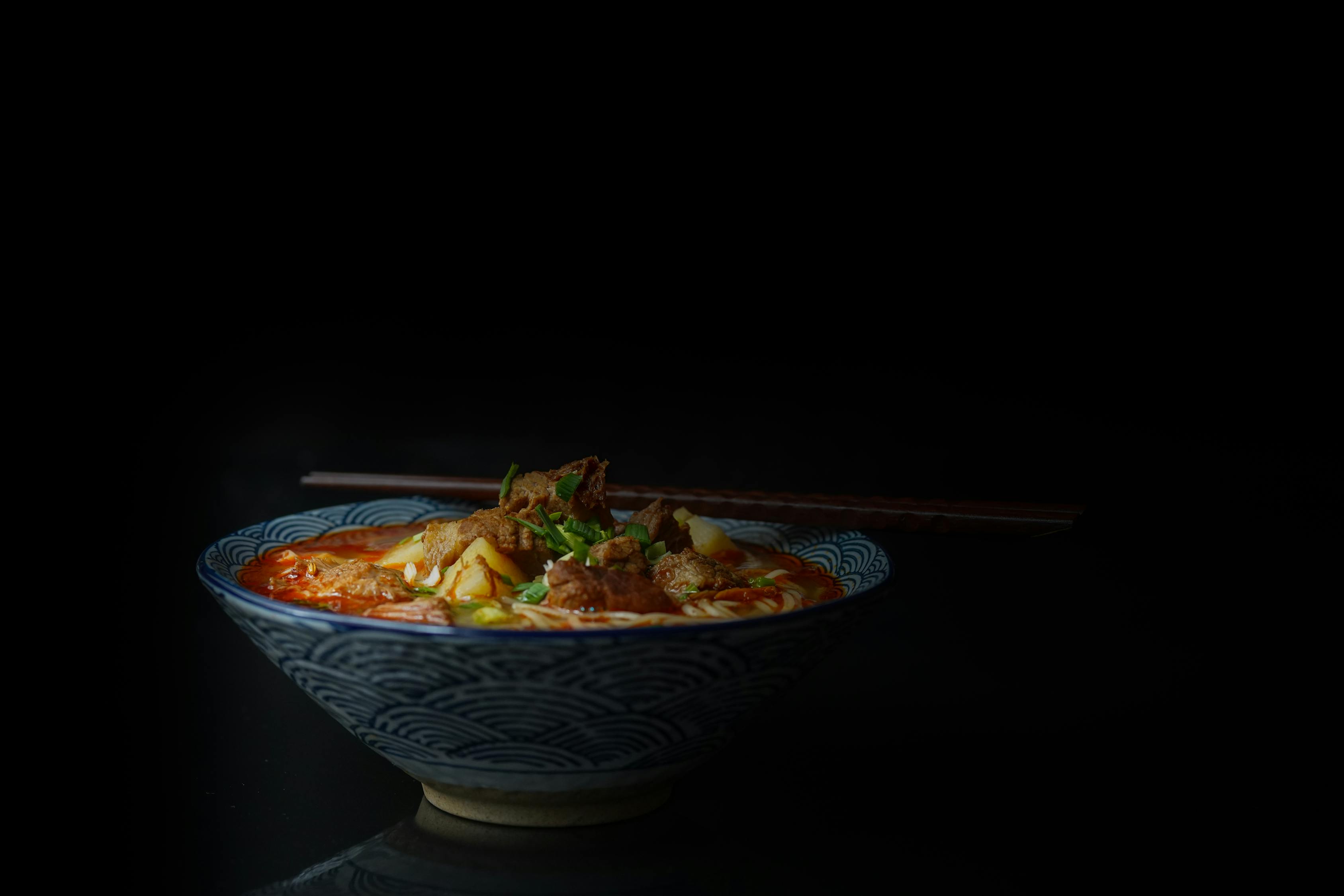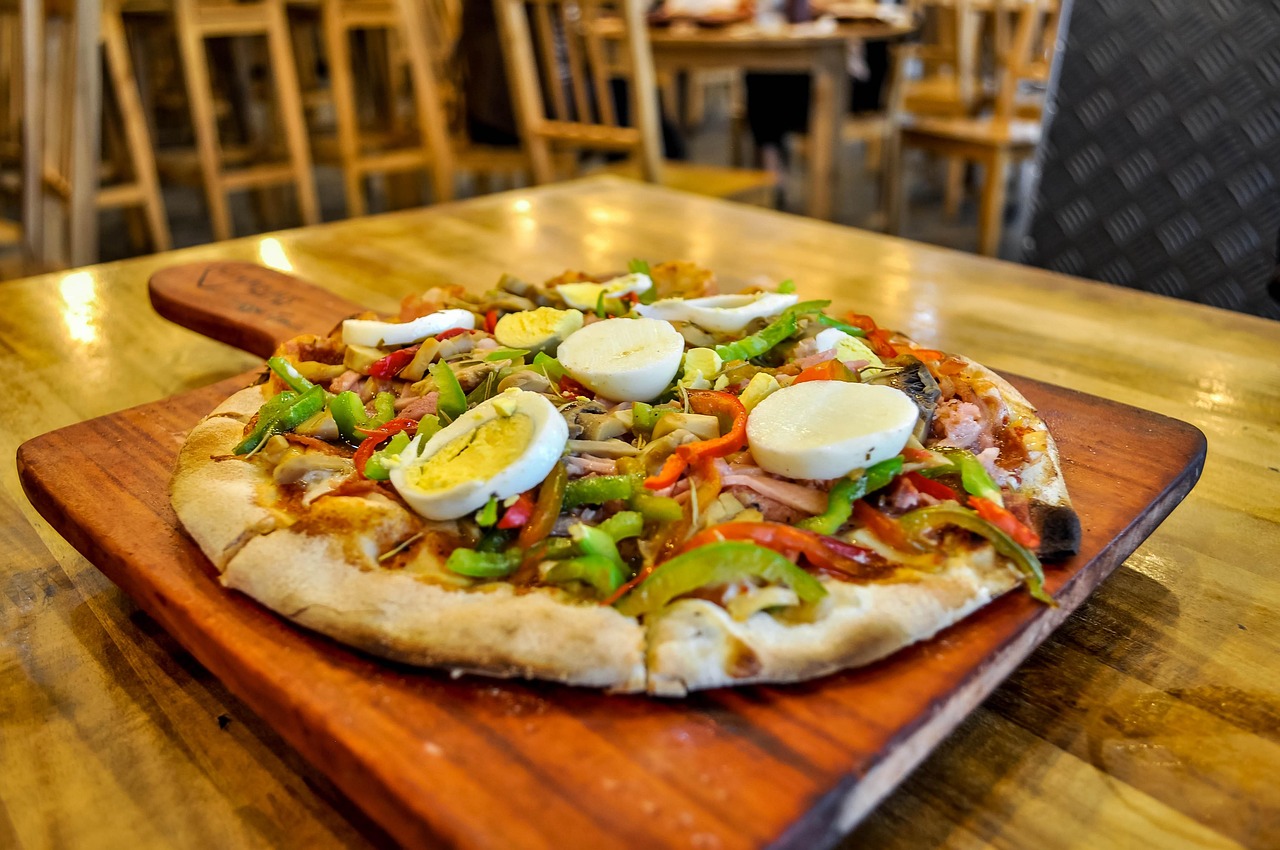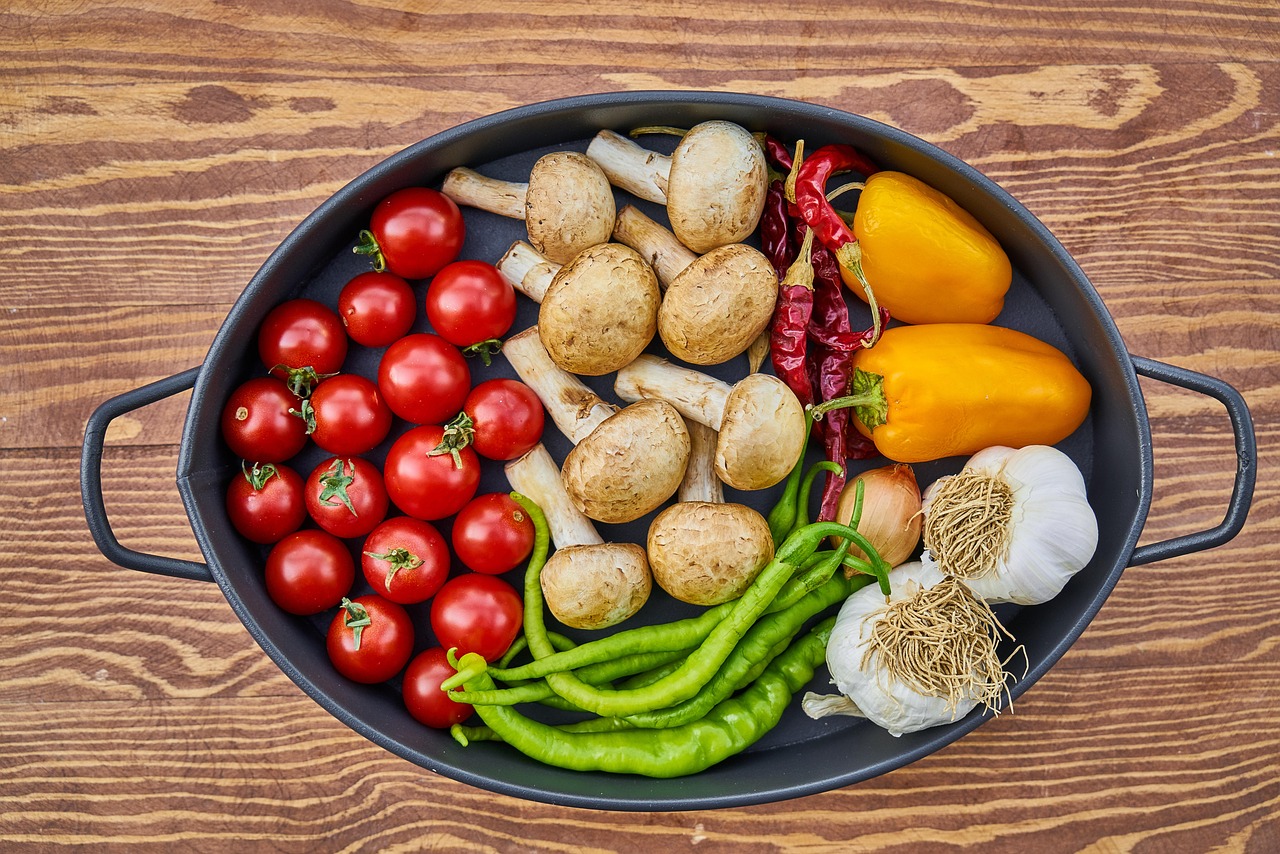Introduction
The United Kingdom, often referred to as England in a culinary context, is a land steeped in history, culture, and a rich tapestry of flavors. While it's true that English cuisine has been overshadowed by the gastronomical prowess of its European neighbors, it has a charm and depth that is often overlooked. In this article, we embark on a culinary journey through the heart of English cuisine, exploring its traditional dishes, regional specialties, and the evolution of flavors that have shaped the nation's palate.
The Classics: A Taste of Tradition
English cuisine is not just about fish and chips or the infamous black pudding; it is a collection of hearty dishes that have been passed down through generations. Let's start with the quintessential English breakfast, a meal that sets the tone for the day. Consisting of eggs, bacon, sausages, black pudding, baked beans, grilled tomatoes, and toast, it's a testament to the hearty nature of English fare. This breakfast is not just a meal; it's a ritual that fuels the body and spirit for the day ahead.
Moving on to lunch, the Ploughman's Lunch is a simple yet satisfying option. It typically includes cold meats, cheese, pickles, and crusty bread, all washed down with a pint of ale. This dish is a nod to the agricultural roots of England and the hardworking farmers who would enjoy such a meal after a day in the fields.
For dinner, the classic Roast Dinner is a must-try. A true roast dinner consists of a choice of meat—be it beef, lamb, or pork—roasted to perfection, accompanied by Yorkshire pudding, roast potatoes, and a medley of seasonal vegetables. The gravy, made from the meat's juices, is the crowning glory that ties all the components together.

Regional Specialties: A Flavorful Tapestry
England is not a monolithic culinary landscape; each region has its own specialties that reflect local ingredients and traditions. In the north, the Lancashire Hotpot is a comforting stew made with lamb or mutton, onions, and potatoes, slow-cooked to perfection. It's a dish that warms the soul on a cold day and is a staple in many northern households.
In the southwest, the Cornish Pasty is a portable delight. This pastry envelope filled with meat and vegetables was traditionally taken by miners to work, providing a hearty meal on the go. The crimped edge that characterizes the Cornish Pasty is said to have allowed miners to hold the pastry with dirty hands without contaminating the filling.
The East Coast is known for its seafood, with dishes like the Cromer Crab, a simple preparation that allows the natural sweetness of the crab to shine through. The fish and chips, a dish that has become synonymous with English cuisine, is also a coastal specialty, with each town claiming to have the best version.
The Evolution of English Cuisine
Over the years, English cuisine has evolved, influenced by global flavors and a growing appreciation for diverse ingredients. Modern English cuisine is a blend of tradition and innovation, with chefs taking classic dishes and giving them a contemporary twist. For instance, the Sunday Roast has been reimagined with ingredients like venison or duck, and accompaniments like horseradish sauce or fig compote.
Street food has also played a significant role in the evolution of English cuisine. The popularity of food markets and street food festivals has introduced a variety of flavors to the English palate, from Mexican tacos to Vietnamese banh mi. This fusion of cultures has enriched the culinary scene, making it more dynamic and exciting.
The Influence of Pubs and Gastropubs
Pubs have long been a cornerstone of English social life, and they have also played a significant role in the evolution of English cuisine. Traditionally, pubs offered simple fare like pies and sandwiches, but the rise of the gastropub has elevated pub food to new heights. Gastropubs focus on using high-quality, locally sourced ingredients to create dishes that are as much about taste as they are about presentation.
Conclusion
English cuisine is more than just a collection of dishes; it is a reflection of the country's history, regional diversity, and cultural evolution. From the hearty classics to the regional specialties, and the modern interpretations of traditional dishes, English cuisine offers a rich and varied culinary experience. As we continue to explore and appreciate the flavors of England, we are reminded that food is not just about sustenance; it's about storytelling, community, and the joy of sharing a meal with others. So, the next time you find yourself in England, take a moment to savor the flavors and embrace the culinary journey that awaits you.











